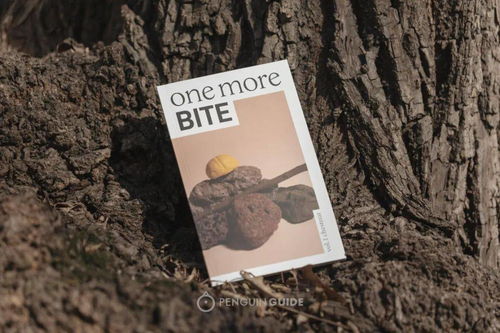
Understanding the Word ‘Bite’: A Comprehensive Guide

Have you ever stumbled upon the word ‘bite’ and wondered about its various meanings and uses? Well, you’re in luck! This article will delve into the intricacies of the word ‘bite’, exploring its definitions, pronunciations, and contexts in which it is commonly used.
What is ‘Bite’?

‘Bite’ is an English word that can function as both a noun and a verb. Its primary meaning revolves around the act of using teeth to grasp or hold something. Let’s explore its different aspects in more detail.
As a Noun

When ‘bite’ is used as a noun, it typically refers to the act of biting or the resulting mark or wound. Here are some common uses:
| Definition | Example |
|---|---|
| Wound resulting from biting | The dog left a bite mark on my arm. |
| Small amount of solid food | Take a bite of this sandwich. |
| Painful wound caused by an insect’s stinger | I was bitten by a mosquito last night. |
As a Verb
When ‘bite’ is used as a verb, it describes the act of using teeth to grasp or hold something. Here are some common uses:
| Definition | Example |
|---|---|
| Use teeth to grasp or hold something | The baby likes to bite his toys. |
| Be injured by something | I was bitten by a mosquito last night. |
Other Meanings and Uses
闄や簡涓婅堪甯歌鐨勭敤娉曞锛?bite’杩樻湁鍏朵粬涓€浜涘惈涔夊拰鐢ㄦ硶銆備互涓嬫槸涓€浜涗緥瀛愶細
-
Indicate a sharp or caustic quality in words or actions
-
Refer to a feeling of discomfort or pain
-
Indicate a sense of pressure or difficulty
Pronunciation
The pronunciation of ‘bite’ varies depending on the region. In British English, it is pronounced as /ba瑟t/, while in American English, it is pronounced as /ba瑟t/. Here’s a breakdown of the sounds:
-
ba瑟t: /ba瑟t/
-
ba瑟t: /ba瑟t/
Word Forms
‘Bite’ has several word forms, including:
-
Plural: bites
-
Third-person singular present tense: bites
-
Past tense: bit
-
Past participle: bitten
-
Present participle: biting
Examples in Context
Here are some examples of ‘bite’ used in different contexts:
-
The cavalry commander predicted that many Sioux would bite the dust if they attacked the fort.
-
The car wheels would not bite because of the ice.
-
There is a bite to his words.
-
She put the bite on me so that she could buy a pair of new shoes.
-
This mustard is hot enough to bite your tongue.
-
Rising budget deficit is beginning to bite.
Conclusion
‘Bite’ is a versatile word with multiple meanings and uses. By understanding its various forms and contexts, you can effectively incorporate it into your everyday language. Whether you’re describing an act of biting, a wound, or a







